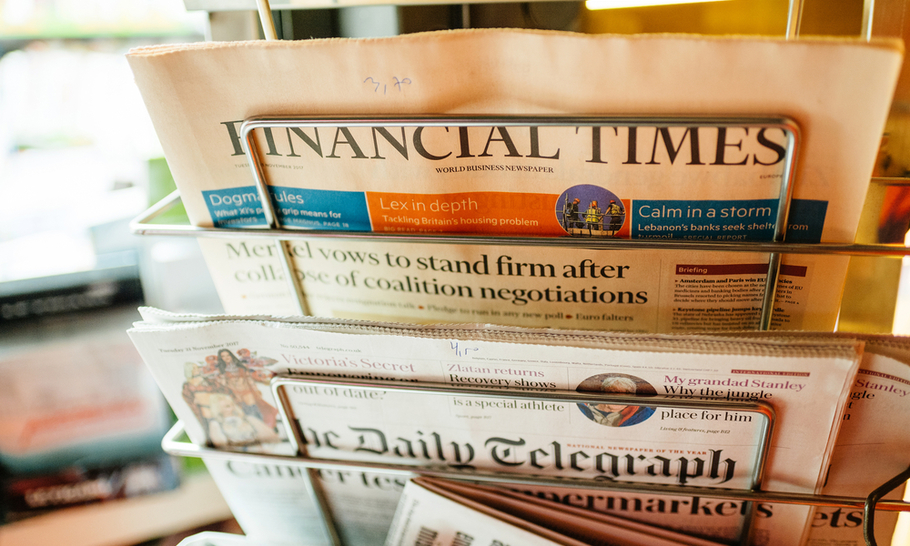Journalists must not be allowed to forget the lessons they learnt from Milly Dowler

That story, and the phone hacking scandal in general, changed the British public’s attitude towards the media. As I outline in my book, Not Buying It, it played a crucial role in people turning to alternative news sources and becoming susceptible to fake news.
In recent days, some eight years on from the phone hacking scandal and seven years on from publication of the Leveson report, it has started to feel like the media had forgotten the lessons learned during that difficult period. First, we had a foul, since deleted, editorial from the Guardian declaring that David Cameron, despite having endured the trauma of losing a young, disabled, son, had only experienced “privileged pain”. Such revolting sentiments should barely be uttered in a newspaper’s daily leader conference, never mind make it onto the pages of one of the country’s major newspapers.
Then cricket hero Ben Stokes, the man who won England the world cup and kept the Ashes alive with his epic batting, was the subject of a story in the Sun. The paper revealed his family had suffered a tragic loss, the murder of two children, before Stokes was born. The cricket star put out an exceptionally strongly worded statement hitting out at the invasion of privacy, which included a reporter going to New Zealand to track down his parents. “To use my name to shatter the privacy and private lives of – in particular – my parents is utterly disgusting,” he said. He also put the word ‘reporter’ in inverted commas in the statement, a dig at that person’s credibility which, in the circumstances, is hard to push back on. That statement was met with widespread support for Stokes and condemnation for the Sun. (It probably did not help the newspaper’s cause that the incident happened just as the Ashes ended, with Stokes being named England’s player of the series).
Then, ex-Wales and Lions rugby international Gareth Thomas revealed he was HIV positive. He said he had gone public with the diagnosis not out of choice, but because he was being blackmailed. He added that a journalist had told his parents before he had. Journalists do occasionally need to have difficult conversations. Sometimes we do have to break bad news to people. But it is hard to see any justification for this.
All-in-all then, the media has not covered itself in glory in recent weeks. Just yesterday, The Daily Mail saw it fit to describe Lady Hale, a pioneer in the legal profession and the top Supreme Court Judge who read out its damning verdict against the Government yesterday, as an ex-barmaid. I mean… aren’t we all?! Such an approach is laughable. It doesn’t just damage the Daily Mail’s credibility though, but that of the press in general.
I believe passionately in a free, aggressive, press that holds the powerful to account. It is a crucial element of a democracy. These recent incidents show that some journalists are starting to forget that right comes with a huge responsibility.
This would all be bad enough in normal times, but it is a disaster now. With a Prime Minister who appears to have a loose relationship with the truth, and a government seemingly determined to blow up any institution that gets in its way, the media needs to have public trust in order to do its job and hold those in power accountable. Making vile partisan digs at former Prime Ministers or straying into the private lives of sports stars only undermines this. It makes it easier for unscrupulous politicians to brand the media ‘fake news’, turn the public against us and ride out more serious stories.
In this post-truth era, it has never been more important to have media that a people feel they can rely on. These recent incidents only undermine that and make it harder for everyone.





